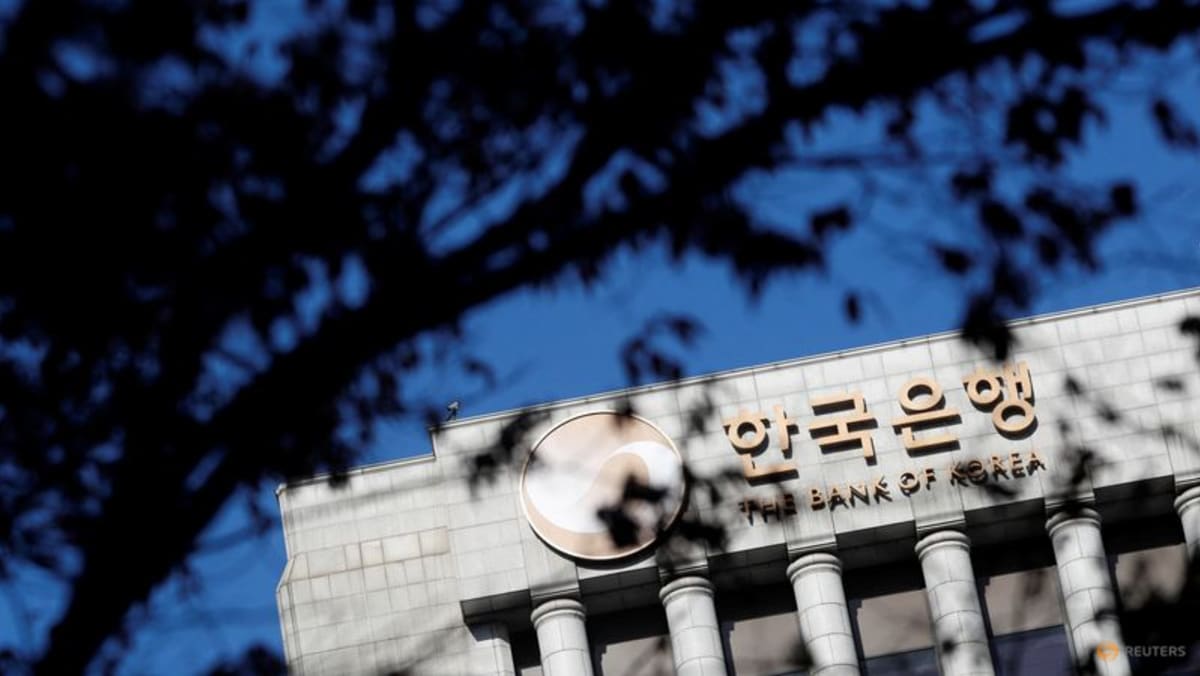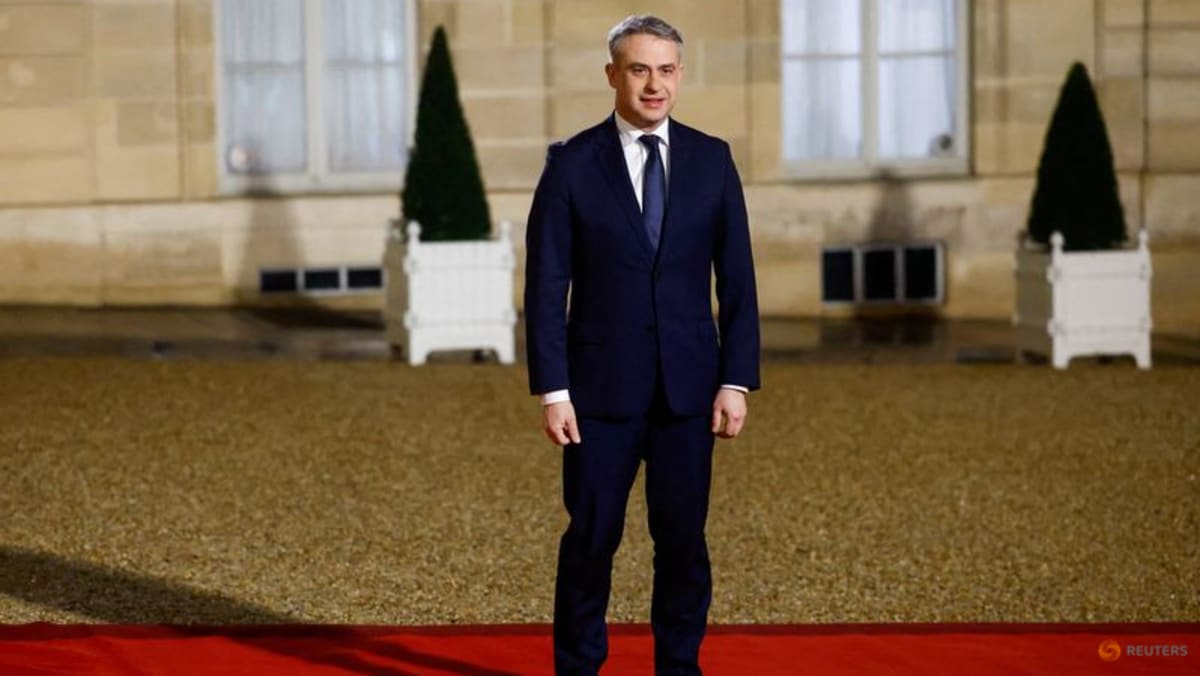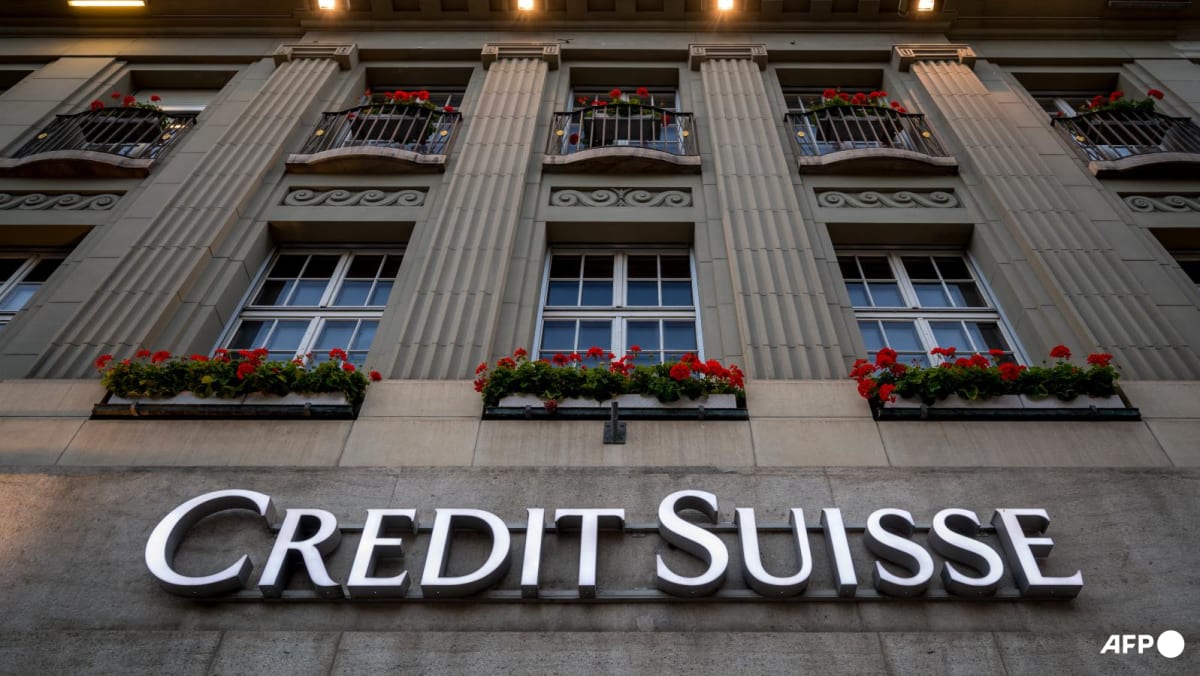Australian Prime Minister Anthony Albanese’s surprise re-election triumph was buoyed by luck, timing and an anti-Trump wave, said analysts.
The landslide win on Saturday (May 3) made him the first Australian prime minister in two decades to snag a second consecutive term, and returned the Labor government to power with a thumping majority.
Justin Hastings, a professor at the University of Sydney, said the resounding victory was “a bit surprising” given the centre-left Labor Party had been relatively unpopular and trailing in opinion polls until recently.
But in the past few months, United States President Donald Trump’s sweeping tariffs upended global trade and ushered in a new era of disruption.
Ahead of the polls, one survey showed almost half the voters picked uncertainties triggered by Trump as one of their top five concerns.
Analysts said the swing towards Labor could be due to voters’ perceptions of which party could better manage the impact of trade tensions.
“(Labor) presented itself as a disciplined, cohesive party with a set of policies that were generally well explained … and so seemed to give the best possibility for dealing with the tariffs in the current context,” said Rodney Smith, a professor of Australian politics at the same university.
STABILITY ON THE DIPLOMATIC FRONT
Hastings added that voters were concerned that the opposition Liberal Party would be “less able to deal with Trump than the Labor Party”.
“A lot of this is luck and good timing. Albanese is not a particularly inspiring leader,” said the professor of government and international relations.













